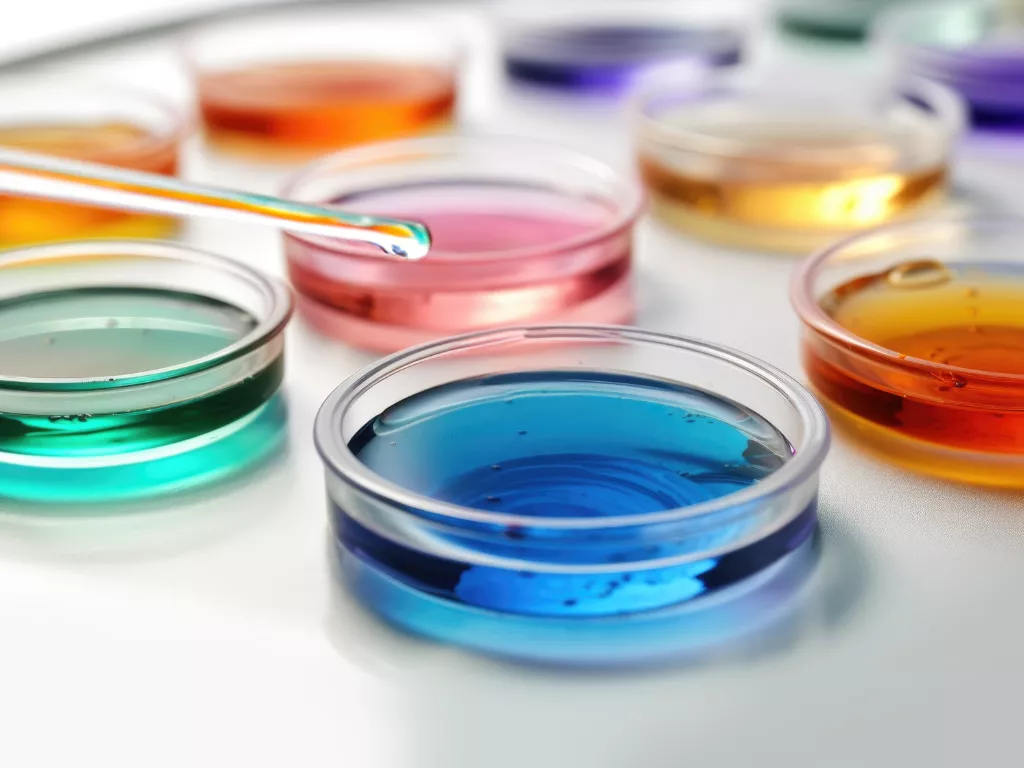Optimizing Biocompatibility Testing for Class III Implants: A Cost-Efficient Approach
4 February 2025
Class III implants, which connect with the central circulatory or nervous system, require stringent biocompatibility testing. This ensures safety and efficacy before clinical trials, addressing high-risk factors and regulatory compliance for innovative medical devices.

